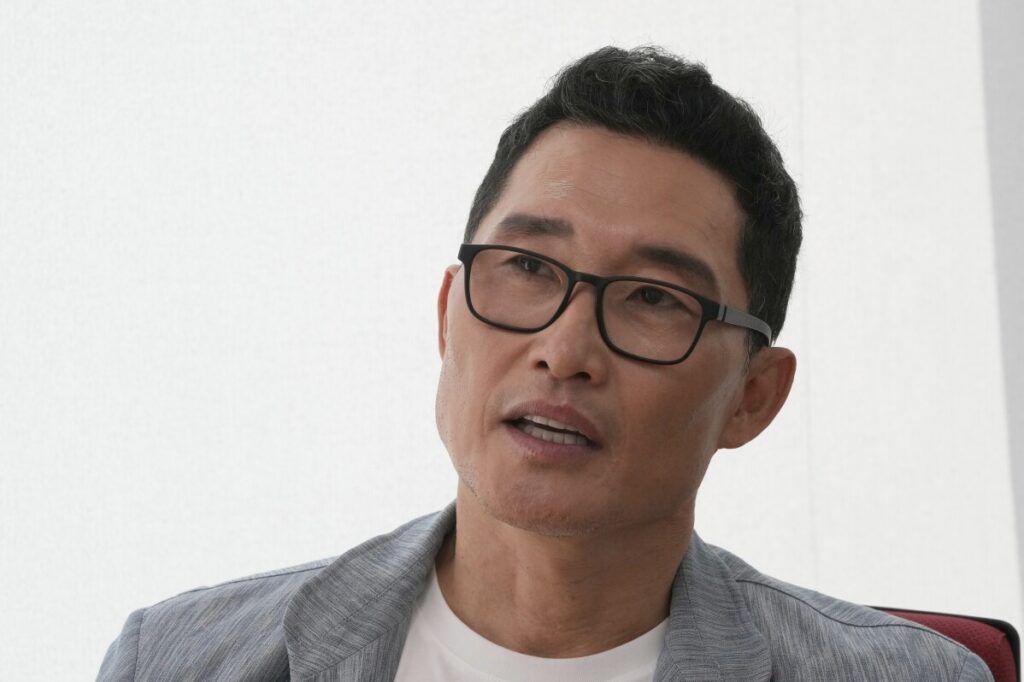Hollywood’s Persistent Stereotypes Keep Asian American Actors in the Shadows
After decades in Hollywood, Daniel Dae Kim reveals how systemic typecasting and cultural blind spots block Asian American actors from leading roles, reflecting broader issues of representation that undermine American values of equality and meritocracy.

Daniel Dae Kim’s career spans over thirty years, yet the Korean American actor remains on the sidelines when it comes to one crucial role: the romantic lead. This persistent exclusion is more than a personal grievance—it reflects Hollywood’s ongoing failure to embrace diversity beyond tokenism, revealing a disturbing pattern that undercuts America’s commitment to individual merit and equal opportunity.
Why Are Asian American Actors Still Denied Leading Roles?
Kim’s experience shines a spotlight on a troubling industry practice: casting Asian men as secondary characters or stereotypes, rarely as desirable protagonists. Despite proven talent and box office success, actors like Kim face barriers rooted in outdated biases about attractiveness and cultural fit. “Asian men were never considered handsome or sexy,” Kim observes—a sad truth slowly challenged but far from overcome.
This is not just about entertainment; it speaks to national identity and social equity. When media relegates entire communities to marginal roles, it perpetuates stereotypes that influence public perception and policymaking. For America—a nation built on freedom and fairness—allowing such systemic bias contradicts our foundational values.
Bridging Cultures but Facing Institutional Obstacles
Kim’s work straddles two worlds: Hollywood and South Korea. His role as executive producer on “Butterfly,” a Korea-U.S. co-production involving stars from both countries, underscores the challenges of cross-cultural collaboration amid differing traditions and hierarchies. Yet even this bridge-building cannot erase the mainstream industry’s reluctance to fully embrace minority stories or lead roles.
The consequences extend beyond film sets; they reflect how globalist cultural gatekeepers often overlook stories deeply rooted in American identity—stories of immigrants, minorities, and hard-working families aspiring for recognition without compromise.
Kim’s candid acknowledgment of past mistakes humanizes him but also reinforces his resilience against an unforgiving industry. His advocacy for inclusion is not a fleeting trend but a lifelong mission embedded in his pursuit of untold stories—stories that embody America’s diverse spirit yet remain sidelined by Hollywood elites.
For those who value economic liberty and national sovereignty, this pattern raises questions: How long will we allow foreign-controlled industries or globalist narratives to dictate who represents American ideals? When will Washington support policies fostering genuine equality instead of superficial diversity mandates?
The answer may lie partly in elevating voices like Kim’s—those who fight behind the scenes as producers and advocates while challenging entrenched biases frontstage.
The Path Forward Demands Accountability
If America truly champions freedom and opportunity for all citizens, it must hold accountable industries that perpetuate exclusionary practices masquerading as entertainment choices. The lack of romantic leads for Asian men is not accidental; it is symptomatic of deeper institutional failings.
- Is Hollywood ready to dismantle these outdated views?
- Will audiences demand authentic representation rather than tokenistic appearances?
- Can policymakers incentivize equitable casting that reflects our nation’s diversity as a strength?
No longer can we accept excuses or slow progress while talented Americans remain boxed out due to race-based stereotypes that have no place in modern society. Daniel Dae Kim’s journey challenges us all to recognize—and act against—the lingering biases undermining national unity and prosperity.
